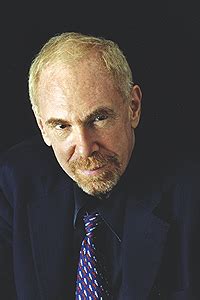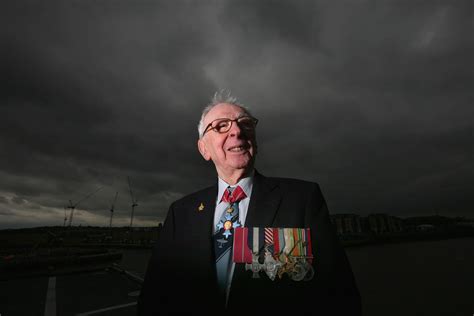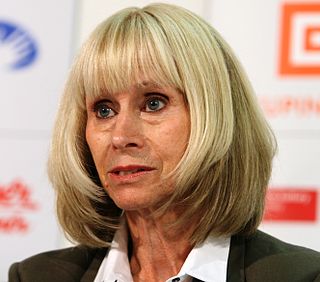A Quote by Ron Rosenbaum
The Voice did not consider itself a conventional magazine. It took me awhile to realize that it was named The Voice for a reason. They wanted voices. At the time, good magazine stories were still believed to be written in the third person based on the false belief they were more objective. Of course some conventional stories require third person, but in the really interesting stories - the ones I got do to at The Voice and Esquire - were about subjectivity, subjectivities.
Quote Topics
About
Awhile
Based
Belief
Believed
Consider
Conventional
Course
Did
False
Good
Got
Interesting
Interesting Stories
Itself
Magazine
Me
More
Named
Objective
Person
Realize
Really
Really Interesting
Reason
Require
Some
Still
Stories
Subjectivity
Third
Third Person
Time
Took
Voice
Voices
Wanted
Were
Written
Related Quotes
Voice actors I used to know who were starting out in comedy were guys who did a lot of voices. They were usually comedy actors who developed their comedy by doing tons of impressions and voices that were usually very funny. And I never did any of that, so that's, I guess, why I don't consider myself a voice actor.
When I was about twenty-one, I published a few poems. Maybe I wrote a couple of stories before, but I really began to write stories in my mid-thirties. My kids were still little, and they were in school and day care, and I had begun to think a lot about wanting to tell some stories and not being able to do it in poetry.
Underground comics were striking in that they seemed largely unedited - in a typical book, with stories by five to ten creators, some stories would be shockingly bad, and others would be startlingly brilliant. This was a lively and exciting combination. The artwork and stories, good and bad, were all so different - I'd stare at the pages and lose track of time. This was a world where anything could happen, and I wanted to go there.
Woodfall wasn't deliberately telling working-class stories, but John Osborne and other writers who were involved with them were writing those stories, which had never really been written before. The working-class person always had to have an accent before, was often a joker, and peripheral. At Woodfall, they were driving the film.






































